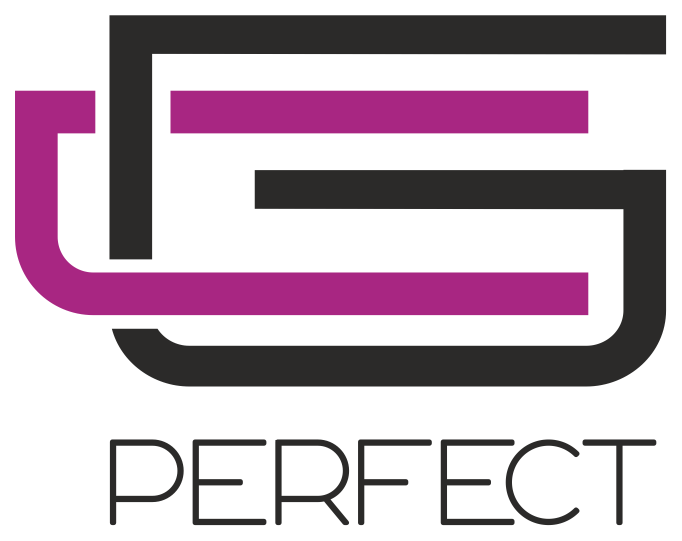Introduction
Effective project management is crucial for the success of construction projects, ensuring they are completed on time, within budget, and to the satisfaction of clients and stakeholders. In this blog post, we’ll delve into key project management best practices, drawing on insights and expertise from GC Perfect, a leader in contract management and project tracking solutions for general contractors.
Effective Communication Strategies
Effective communication is the cornerstone of successful project management in the construction industry. It involves establishing clear channels of communication among all stakeholders, including project managers, team members, clients, suppliers, and subcontractors. Without effective communication, misunderstandings can arise, leading to delays, cost overruns, and dissatisfaction among project stakeholders.
One of the key aspects of effective communication strategies is clarity. Messages should be clear, concise, and easily understandable by all parties involved. GC Perfect’s collaboration tools, such as real-time messaging and document sharing, play a crucial role in enhancing communication clarity. Team members can quickly exchange information, share updates, and collaborate on documents, ensuring everyone is on the same page throughout the project.
Another important element of effective communication is transparency. Project managers should provide transparent and honest updates about project progress, challenges, and risks. This transparency builds trust among team members and clients, fostering a collaborative and productive work environment. GC Perfect’s project tracking features enable real-time updates on project status, task completion, and upcoming deadlines, enhancing transparency and accountability.
Additionally, effective communication strategies in construction projects involve active listening. Project managers should actively listen to the concerns, feedback, and suggestions of team members, clients, and other stakeholders. This not only demonstrates respect but also allows for valuable insights and perspectives to be considered in decision-making processes. GC Perfect’s communication tools facilitate open dialogue and encourage active participation, leading to better problem-solving and decision-making outcomes.
Regular Project Updates
Regular project updates play a pivotal role in ensuring transparency, accountability, and alignment among all project stakeholders. In the dynamic landscape of construction projects, where timelines, budgets, and scope can evolve, keeping everyone informed about the project’s progress is essential for making timely decisions and addressing any emerging issues proactively.
GC Perfect’s project tracking features offer a comprehensive solution for maintaining regular project updates. Through a centralized dashboard, project managers can access real-time data on project milestones, tasks completed, pending deliverables, and upcoming deadlines. This visibility not only keeps the internal team on track but also provides clients and stakeholders with a clear picture of the project’s status.
The ability to provide regular updates fosters trust and confidence among stakeholders. Clients appreciate being kept informed about the progress of their projects, milestones achieved, and any potential challenges that may require their input or decision-making. This proactive communication not only enhances the client-contractor relationship but also reduces the likelihood of misunderstandings or surprises later in the project lifecycle.
Moreover, regular project updates enable project managers to identify trends, patterns, and potential bottlenecks early on. By analyzing the data provided by GC Perfect’s project tracking system, managers can identify areas where adjustments may be needed, allocate resources more effectively, and make informed decisions to keep the project on schedule and within budget.
Proactive Problem-Solving
Proactive problem-solving is a cornerstone of effective project management in the construction industry. It involves anticipating potential challenges, identifying them early on, and implementing proactive measures to address them before they escalate. This approach not only minimizes the impact of problems on project timelines and budgets but also fosters a culture of agility and adaptability within the project team.
One of the key aspects of proactive problem-solving is risk assessment. By conducting thorough risk assessments at the outset of a project, contractors can identify potential risks such as material shortages, weather-related delays, or regulatory compliance issues. GC Perfect’s risk management features enable contractors to categorize risks based on severity and likelihood, prioritize them accordingly, and develop mitigation strategies to mitigate their impact.
Moreover, proactive problem-solving involves continuous monitoring and analysis of project data. GC Perfect’s comprehensive data analytics tools provide real-time insights into project performance, resource utilization, and potential bottlenecks. By leveraging these analytics, project managers can identify emerging issues early, analyze their root causes, and implement corrective actions swiftly to keep the project on track.
Another aspect of proactive problem-solving is effective communication and collaboration among project stakeholders. GC Perfect’s collaboration tools facilitate seamless communication and coordination among team members, subcontractors, suppliers, and clients. This ensures that everyone is aligned on project goals, timelines, and expectations, enabling quick decision-making and resolution of issues as they arise.
Furthermore, proactive problem-solving extends beyond addressing immediate challenges to implementing preventive measures for future projects. By conducting post-project reviews and lessons learned sessions, contractors can identify recurring issues, capture best practices, and update their processes and procedures accordingly. This continuous improvement cycle enhances the organization’s ability to anticipate and mitigate potential problems proactively in future projects.
In essence, proactive problem-solving is a proactive and systematic approach to identifying, analyzing, and resolving issues in construction projects. By leveraging GC Perfect’s advanced tools and capabilities for risk management, data analytics, communication, and collaboration, contractors can not only address current challenges effectively but also anticipate and prevent future problems, leading to smoother project execution and better outcomes.




